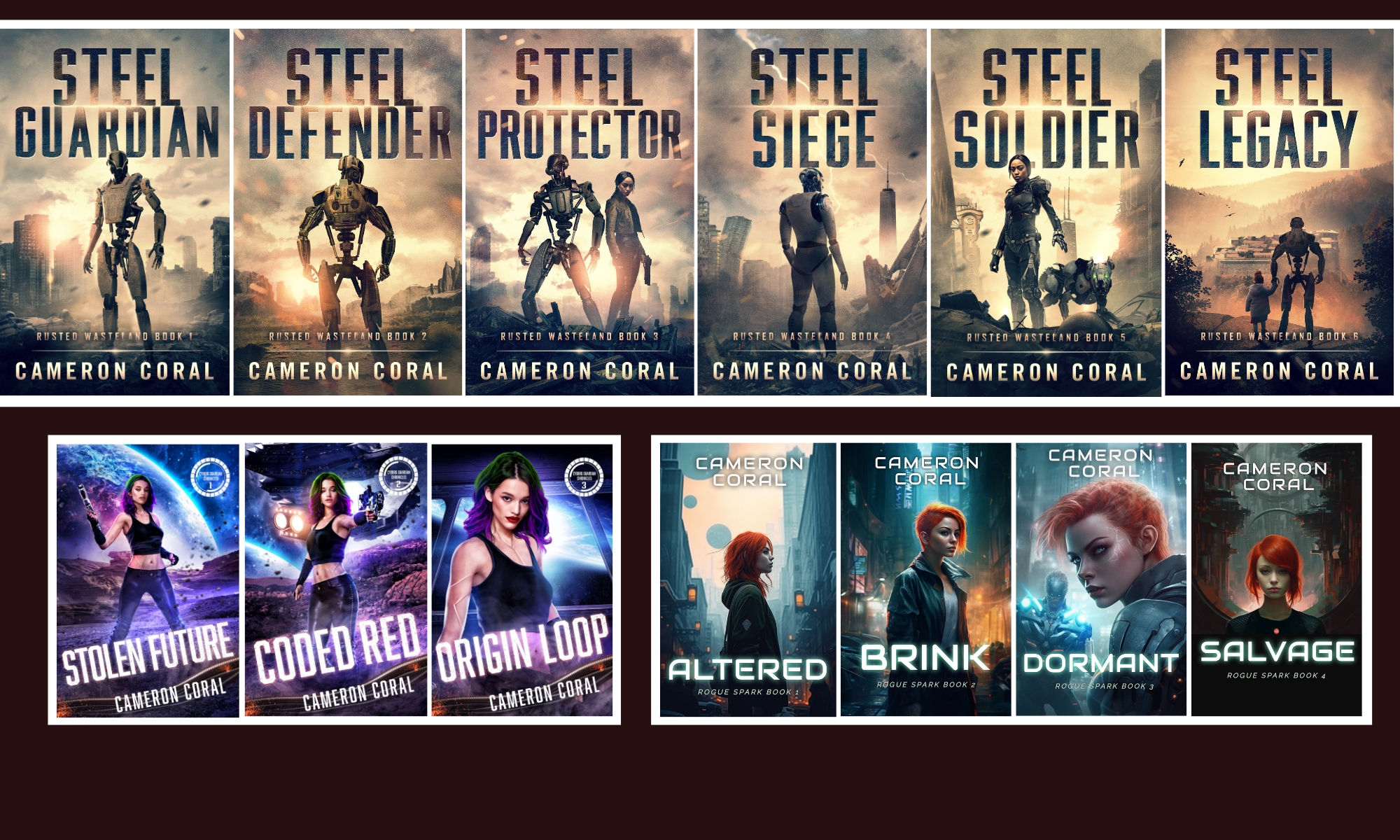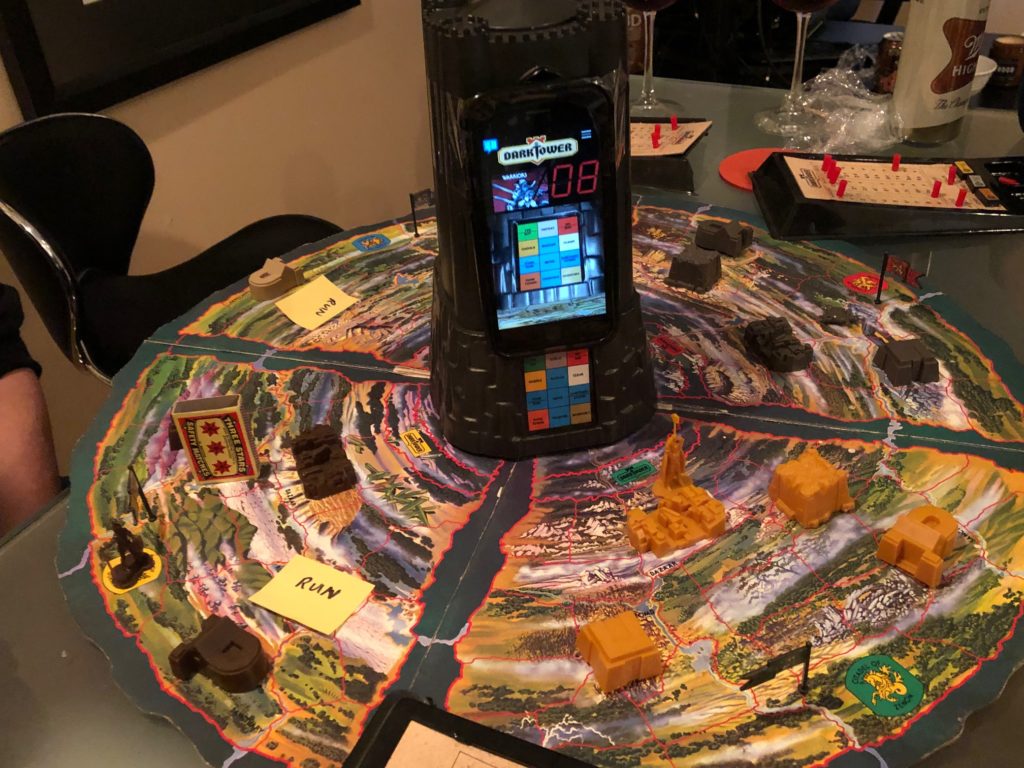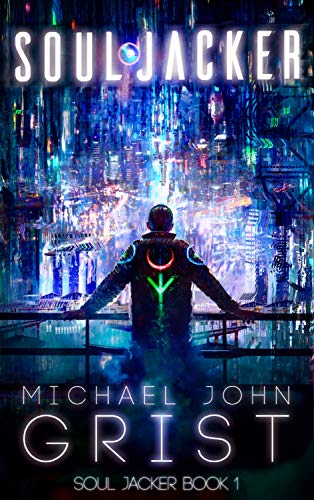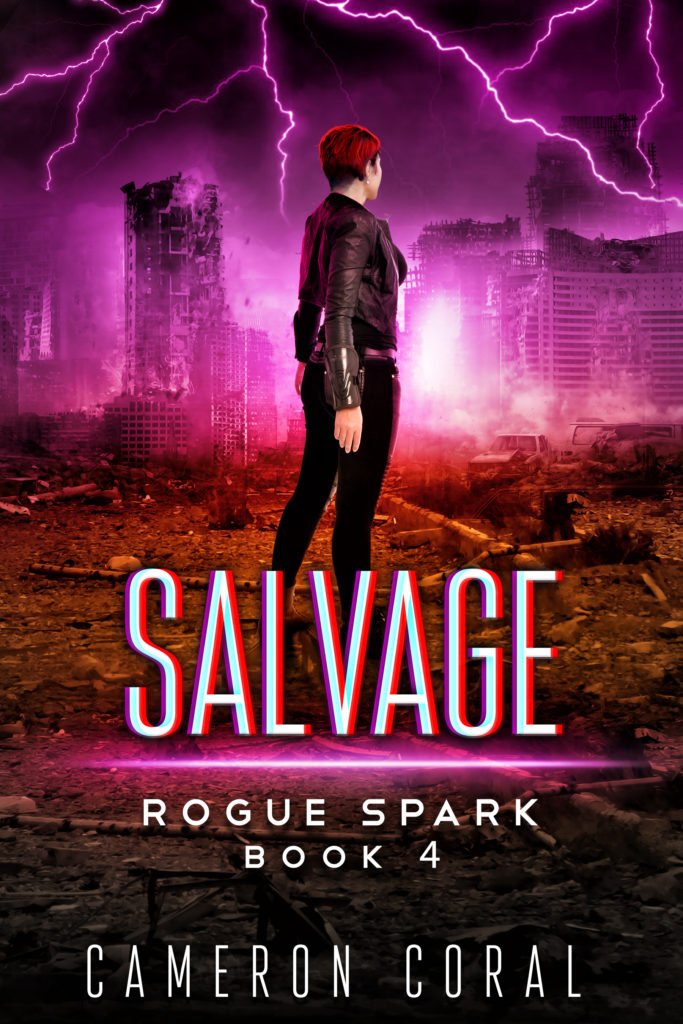Many readers have asked about Reed, a character from Altered (Rogue Spark Book 1). He was bullied at Woodlawn Youth Improvement Center and harbored a huge crush on Ida.
The novel After We Fall describes what happened to Reed and the other kids at Woodlawn. Here is chapter 1…
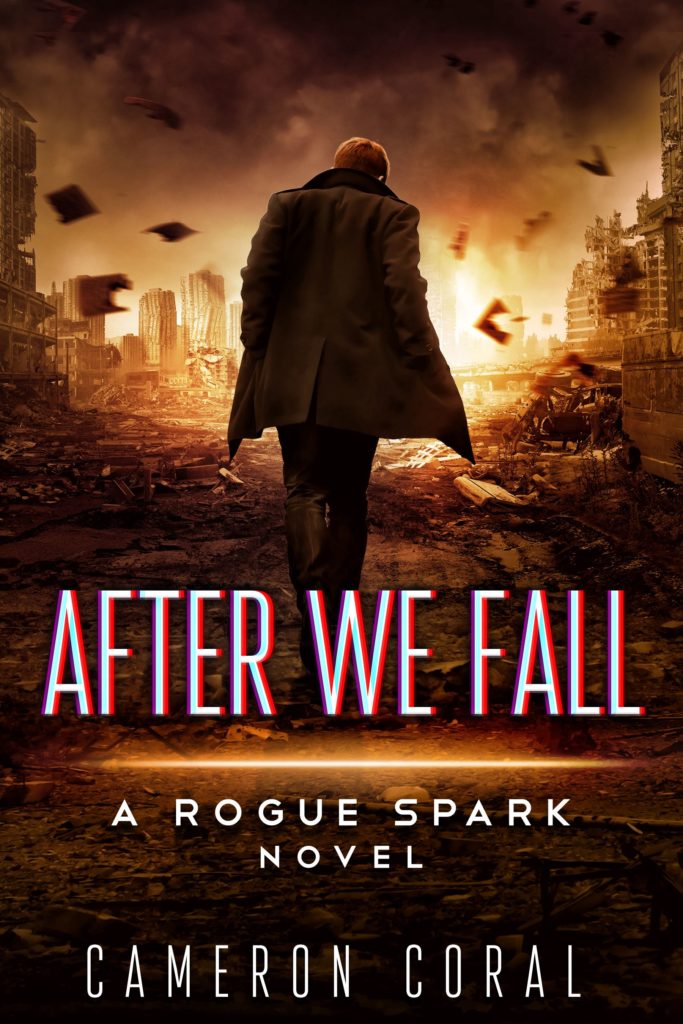
AFTER WE FALL Chapter 1
Journal Entry of Reed Reynolds
February 16, 2040
I guess I’d always thought the end of the world would happen fast.
Maybe an asteroid would wipe out humanity, or Yellowstone would blow its top.
But it turns out the fall of society happens like a slow caving in.
Ever build a sand castle and watch as a rolling wave steals a wall, and then you rebuild, but it gets sucked away again?
And with each rising swell, more pebbles disappear until there’s only a soggy lump on the water-logged beach.
Until you’re left with nothing but ruin. You shape and mold the slippery mud as fast as you can, but you’ll never beat the onslaught of waves.
Woodlawn Improvement Center
Oneida County, New York State
We’re misfits and orphans, sprinkled in with a few juvenile delinquents.
Castaways.
I’ve been part of the system since I was fourteen, when my mother had left me in the hands of New York State because she couldn’t handle being a parent. Can’t blame her, I guess. Life in the late 2030s hadn’t been easy for anyone. Jobs were scarce and environmental disasters such as earthquakes, tsunamis, and hurricanes were happening frequently. Having a kid was just another burden in a crumbling mess of a world.
“Welcome to Woodlawn, Reed Reynolds,” Kilpatrick had said my first day—over two years ago. I’d shaken the head supervisor’s cold, moist hand while a creeping sensation had risen in my throat.
My social worker, a kind lady named Maxine, had assured I’d be in good hands. She’d winked goodbye. “It won’t be long before a nice couple adopts you and takes you to your forever home.”
I’d nodded despite my insides feeling like quicksand. Once Maxine had lifted off in her air cruiser, Kilpatrick had introduced me to the real Woodlawn. After handing me a scratchy used blanket, he’d led me to my new room, bare except for two cots with worn foam mattresses that weren’t much thicker than a folded towel.
That’s when I’d met my roommate Zeke. He’s a year younger and had looked like a frightened shelter puppy at first. Later, he’d confessed his relief I wasn’t a bully. We’re true friends now. Bonding happens fast when you’re both picked on by the older, bigger kids.
Zeke’s sister is Daria. She’s my age—sixteen—but also blind, which makes life really difficult at Woodlawn. Zeke often shakes his head, explaining that they’re a bonded sibling pair. According to him, they can’t be separated during the adoption process. That Daria is disabled means no one in their right minds would take them. I never know what to say when he mentions it; I suspect he’s correct
Six months ago, a red-headed girl named Ida had arrived. She’d been different from the others, more of a loner type. But there’d been something about her, and I’d followed her around in the exercise yard always trying to catch her attention. She’d kept ignoring me until one day—when she’d stood up for me against the biggest bully at Woodlawn—Marc Mal.
The few times Ida had actually met my gaze, I’d seen loneliness in her eyes and something else. Bitterness? She’d had a rough past like a lot of kids here.
Too bad she hadn’t stayed long. I’d only known her a few weeks before a couple had adopted her. But four months later, she’d sent a letter, and we’ve kept in touch since. The craziest thing of all? She’d been recruited into the military; now she’s in basic training.
I miss Ida like anything, but her story gives me hope. Hope for a better future outside Woodlawn.
But that was before The Fall.
The Fall—the collapse, the invasion—whatever you call it, had happened real slow at first.
In the early days, soon after Ida had left, the adults who worked here had looked nervous. Some of them had stopped showing up, which had been odd because Woodlawn ran like clockwork. Even Kilpatrick, who’d usually enjoyed taunting us, had become distracted. He’d spent time alone, holed up in his office, listening to new reports. Something was happening. I hadn’t known what, but it had seemed like a big deal.
One day, after getting beaten up and sent to the nurses station, I’d found out.
Nurse Tilda’s lips had been tightly drawn as she’d rubbed alcohol-soaked gauze along my cut cheek. “At least they didn’t break your glasses this time. Good thing, too, because we can’t replace them.”
“Why not?” I’d asked, wincing at the sting lighting up my bruised and torn skin.
She’d dropped the bloody bandage in a tray and frowned. “Because… It’s hard to get things right now.”
“What do you mean?”
“Reed, I’m not supposed to say a word… But you seem like such a smart boy.” After checking the hallway and shutting the door, she’d knelt before me, resting a hand on my knee. “There’s been an incident.”
I had studied her face, noting dark circles under her eyes. And I’d smelled something like wine on her breath—a familiar odor from many evenings living with my mother, when she’d return from the bars.
“What is it, Nurse Tilda?”
“Far from here… in Europe. There’s been an invasion. These creatures… They call them the Heavies.”
“Creatures?” My jaw had dropped, and even though it had ached from getting punched earlier, I hadn’t cared. “You mean like from space?”
She’d nodded. “There’s been little news. They don’t really know a lot about them. But they’re dangerous. So, people here have been scared. Folks are taking precautions… evacuating south to designated cities.”
Visions of green space creatures, like the ones from my comic books, had filled my head. Were they menacing? Had they tried to communicate with us?
Tilda had lingered by the window, gazing down into the yard. “It’s hard to leave you kids but… I have to go. My sister lives a hundred miles from here. She’s on a farm with her husband and daughters, and I figure if anywhere will be safer, it’s there.”
My stomach had dropped. Nurse Tilda had been the only adult at Woodlawn who was nice. “But you can’t move. What about me?”
“I-I’m sorry, Reed.”
That had been the last time I saw her. Over a week ago. And the other employees had stopped showing up, too.
Kilpatrick is the only one remaining, sequestered in his office, poring over papers that litter his desk, and constantly on his terminal. He’s grown a beard and hasn’t changed his clothes in days.
Last night, on hall sweep duty, I’d lingered near his door, staring through the glass partition. But then he’d seen me and had ordered me back to my room, promptly shutting his window blinds.
The bell rings, signaling our hour-long recess. Automatic doors shuffle us into the yard regardless of weather. The skies are grey and overcast today, and it’s warm enough I don’t see my breath.
I take refuge under a scraggly tree, poking a tiny stick into the top of an ant-hill. Each time I wreck the entrance, the worker ants race over and fix the damage.
Once, in a foster home, there’d been an ant farm, and I’d spent hours watching the workers swarm and serve their queen. For once, I’d thought there might be a future with that foster couple. They’d lost their five-year-old in an air cruiser crash—he hadn’t been buckled in and another flying vehicle had collided with them, thrusting the boy forward into the cockpit dashboard.
But they had sent me away, like all the others.
Bored, I dig a path in the dirt pile to help the ants. Staring at the ten-foot-tall electrified fence that contains us, I sigh. What would be waiting outside Woodlawn? Would I ever lead a normal life?
Three older boys in the yard start brawling. I stand, yelling at them to cut it out as I stare up at Kilpatrick’s second-story office window where he usually watches the yard. But there’s no sign of him. After a few minutes, the Responsive Riot Control Units (RCUs) descend from the roof.
“Longlegs!” a kid yells, and the teen bystanders scatter. Four of the flying spider-shaped drones swoop down and survey the situation. Instead of running, I stay to see what will happen, fascinated by the insect-like robots that sense when fights break out and intervene.
One of the fighting boys (I think his name is Pete) runs off and blends in with the kids lining up for the door. The two others seem oblivious to the spiderbots until they announce, “Attention. Stop moving. Assume the position.”
That means the boys are supposed to sink to their knees and put their hands behind their heads in submission. They had trained us on the position from day one. Once the spiderbots had subdued us, adult supervisors would emerge from the building and handcuff the offending teens, escorting them to their rooms, the nurse, or to Kilpatrick’s office for punishment. It was standard procedure.
But none of us had seen the supervisors in a week.
“Get them!” Marc Mal shouts. Six boys storm over and throw stones at the RCUs. The drones swerve, dodging the projectiles. But Marc hits one square in the front control panel. It veers up, weaving a corkscrew pattern, crashes into the brick building wall, and falls to the ground.
A shrill blaring sounds from the other machines—one of their defense mechanisms.
Marc’s gang draw more rocks from their pockets and pummel the machines.
I edge away from the chaos, trying to avoid the line of fire. I scan Kilpatrick’s office window and glimpse him. His gaze meets mine, and he hesitates. Frowning, he grabs his jacket and exits the room.
The RCUs blast their sirens while Marc and friends continue their assault. I watch the roof four stories up, expecting a fleet of spiderbots to descend. But I spy Kilpatrick. One moment he stares down at us and shakes his head. Then he steps out of sight.
The machines launch tranquilizer darts. Every attacker collapses within five seconds except Marc. It takes three darts in the chest to bring him down.
Kilpatrick’s air cruiser lifts off from the rooftop and soars east into the muted grey sky.
That’s the last time I see him.
